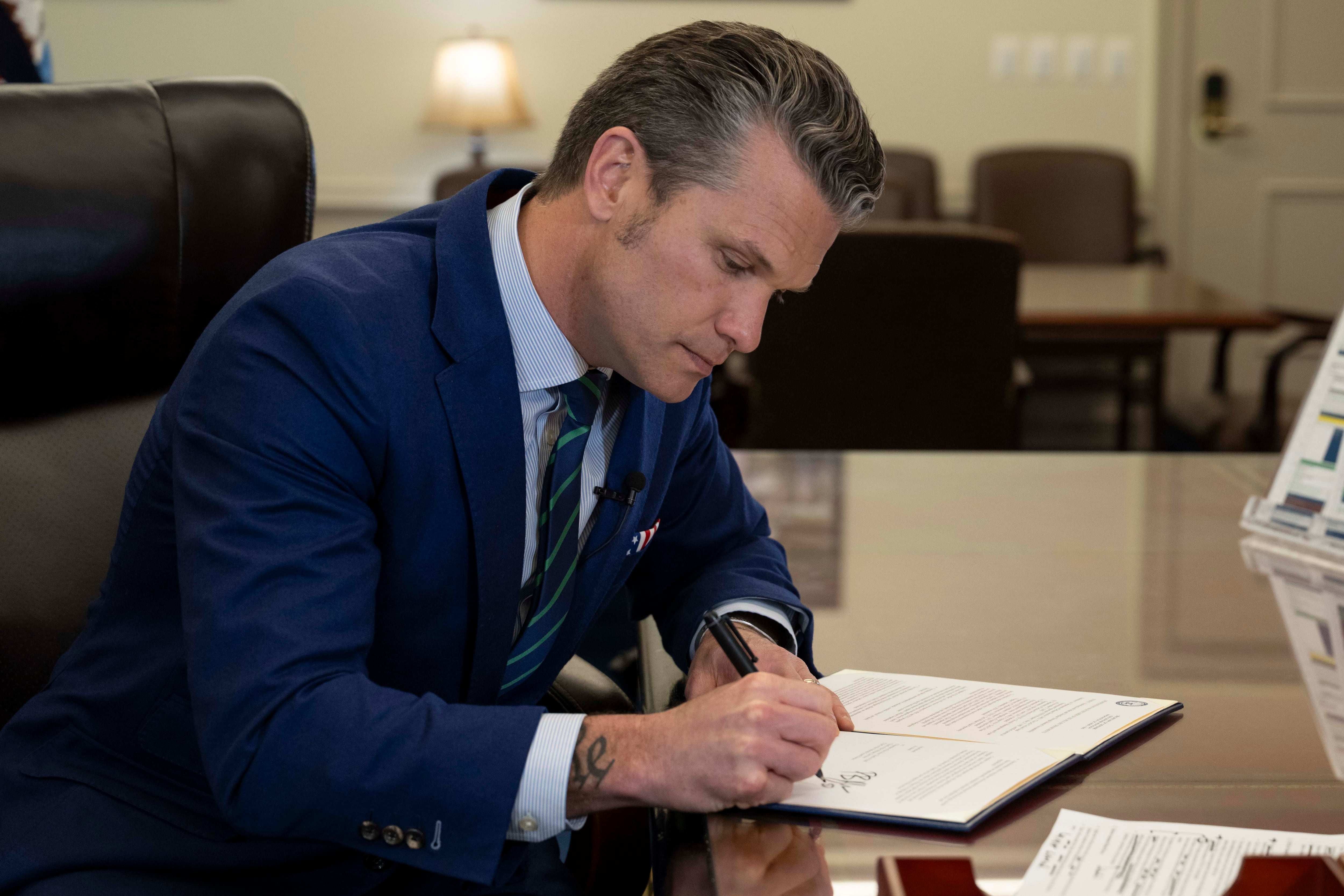UNITED NATIONS — The United States is proposing that the U.N. Security Council impose an arms embargo on South Sudan after its president shocked rebels and observers by refusing to sign a peace deal.
The U.S. circulated a draft resolution to council members Wednesday evening, and diplomats said they expected a vote very soon. "Imminent, I think that was the word," New Zealand Ambassador Gerard van Bohemen told reporters.
The draft also proposes further sanctions, but diplomats did not say who might be targeted.
The text circulated shortly after South Sudan President Salva Kiir told U.S. Secretary of State John Kerry in a phone call that he would sign the peace deal after "a couple of more days of consultation."
Rebel leader Riek Machar signed the deal Monday. The U.S. called Kiir's refusal to do the same "outrageous." Previous peace agreements to end South Sudan's conflict, which has killed thousands since late 2013, have failed.
Kiir on Monday said he needed another 15 days to think about signing the agreement. If those 15 days end without the government signing, diplomats said the draft resolution's punitive actions would take effect.
It was not clear whether all five permanent council members, including Russia and China, support the draft. "It's quite a technical resolution, so I think it will take quite a bit of work to get everyone on the same page," van Bohemen said.
A Russian diplomat who attended the meeting did not comment to reporters on the draft. A U.S. Security Council diplomat, speaking on condition of anonymity because he was not authorized to speak publicly about the draft, later said China "has been playing a very constructive role."
Oil-rich South Sudan has been at war since December 2013, when a split within the security forces in Juba escalated into a violent rebellion led by Machar, who commands the loyalty of some senior army officers and soldiers.
Kiir's ethnic Dinka people are pitted against Machar's Nuer, and the ethnic nature of the violence has alarmed the international community. Well over 100,000 South Sudanese have taken shelter in U.N. bases throughout the country for months.
In June, the London-based Conflict Armament Research reported that Sudan has been supplying South Sudanese rebels with weapons and ammunition, saying that 70 percent of the ammunition it examined was recently manufactured there. Some ammunition was made in China, it added.
In July, after more than a year of warnings, the Security Council imposed its first sanctions on six generals for fueling the fighting.
The U.S. diplomat said all council members are tired of seeing either South Sudan's leaders or the rebels "continue a dead end in a deadly war."
The deputy U.N. secretary-general, Jan Eliasson, told reporters that even if a South Sudan peace deal is reached, "It's going to be a very difficult implementation." He said the signing of an agreement must be accompanied by respect for a cease-fire.





